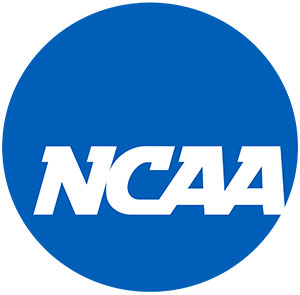 The committee has spoken and brackets are now complete in advance of the annual ‘March Madness’ NCAA basketball tournament. Along with the big reveal Sunday night was the predictable onslaught of complaints about the selection committee’s inconsistencies with their self-proclaimed decision-making process. The same thing occurred with the selection of the Bowl Championship Series NCAA football finalists last fall. Both indicate a predictable human reaction to a perceived lack of fairness and provide a case study in leadership. Let me explain.
The committee has spoken and brackets are now complete in advance of the annual ‘March Madness’ NCAA basketball tournament. Along with the big reveal Sunday night was the predictable onslaught of complaints about the selection committee’s inconsistencies with their self-proclaimed decision-making process. The same thing occurred with the selection of the Bowl Championship Series NCAA football finalists last fall. Both indicate a predictable human reaction to a perceived lack of fairness and provide a case study in leadership. Let me explain.
When decisions are made behind closed doors there will always be complaints about a lack of transparency. This should be expected. But sometimes there are situations that require closed-door discussions and decisions. I’m not so sure that the selection committee for NCAA tournaments is doing itself any favors by operating in secret. I do know that there are appropriate times for senior leaders to huddle up privately to address sensitive matters. Not everything should be discussed in the open. In my opinion, this is not the real issue.
The real issue is a perceived lack of fairness. Leaders should be aware of the need for their decisions to pass a basic “smell test.” Does the decision smell right? Or is there a bad smell in the air? For the NCAA selection committee, the smell is pretty nasty, and it isn’t dissipating. The committees’ decisions violated the ground rules they set forth publicly, resulting in a leadership crisis. Those affected are crying foul. Those unaffected are sympathetic but are also left wondering what happened behind closed doors.
This is an important lesson for leaders. When leaders make decisions that are sound and consistent with the ground rules they’ve previously acted on, there is no issue. They pass the smell test, and there’s no question about leadership. Decisions are accepted, supported and things move forward in a positive way.
While we don’t have any control over how the NCAA selection committees operate, we do have control over how we operate. When decisions need to be made unilaterally or privately, it is in our best interest to follow established protocols, so we remain fair in our decisions and supported by those affected. This also gives us solid ground to stand on, if questioned.
As a graduate of Michigan State and a March Madness fan, I’m looking for a big Spartan run to the Final Four, and maybe, just maybe, do I dare say it—another National Championship. Best of luck to your team, if you’re a fan. Whether you’re a fan or not, let’s remember this leadership lesson the next time we make a decision in private. Make sure it passes the NCAA smell test.
Now go forth.

